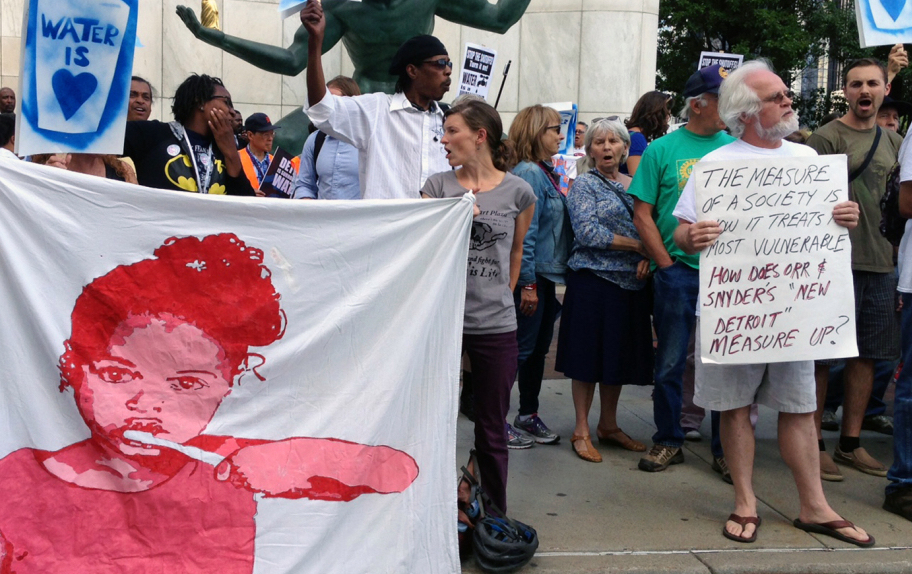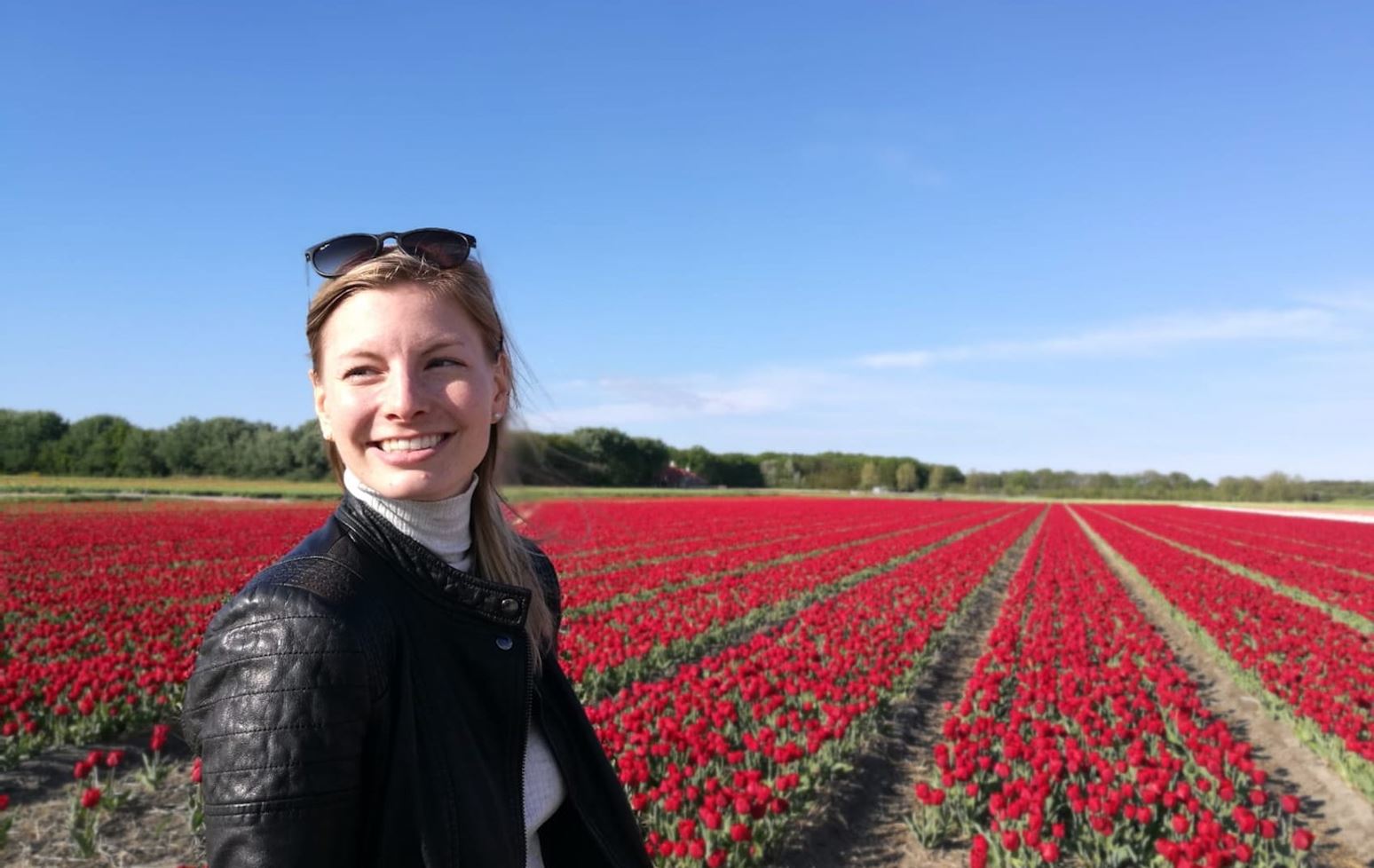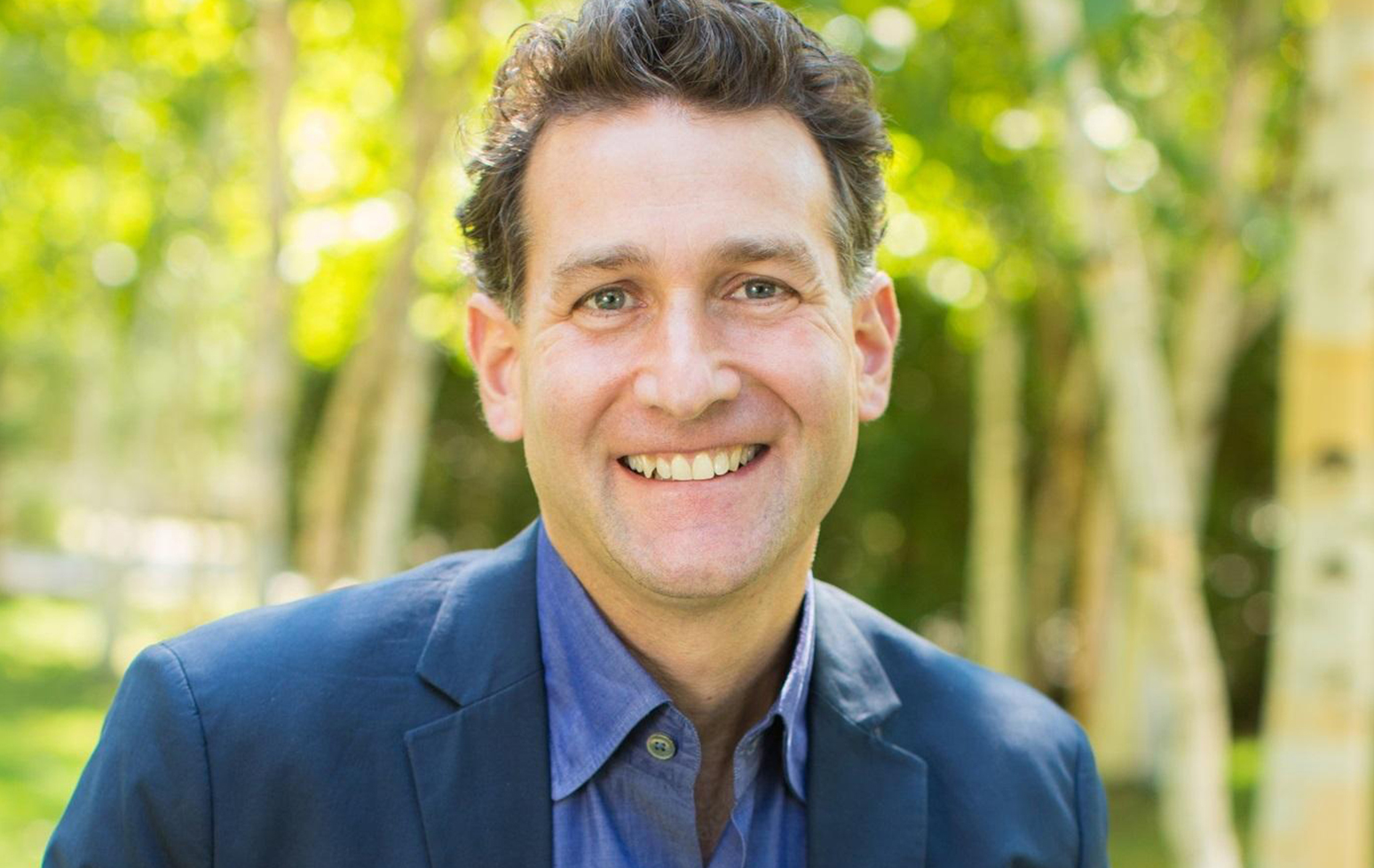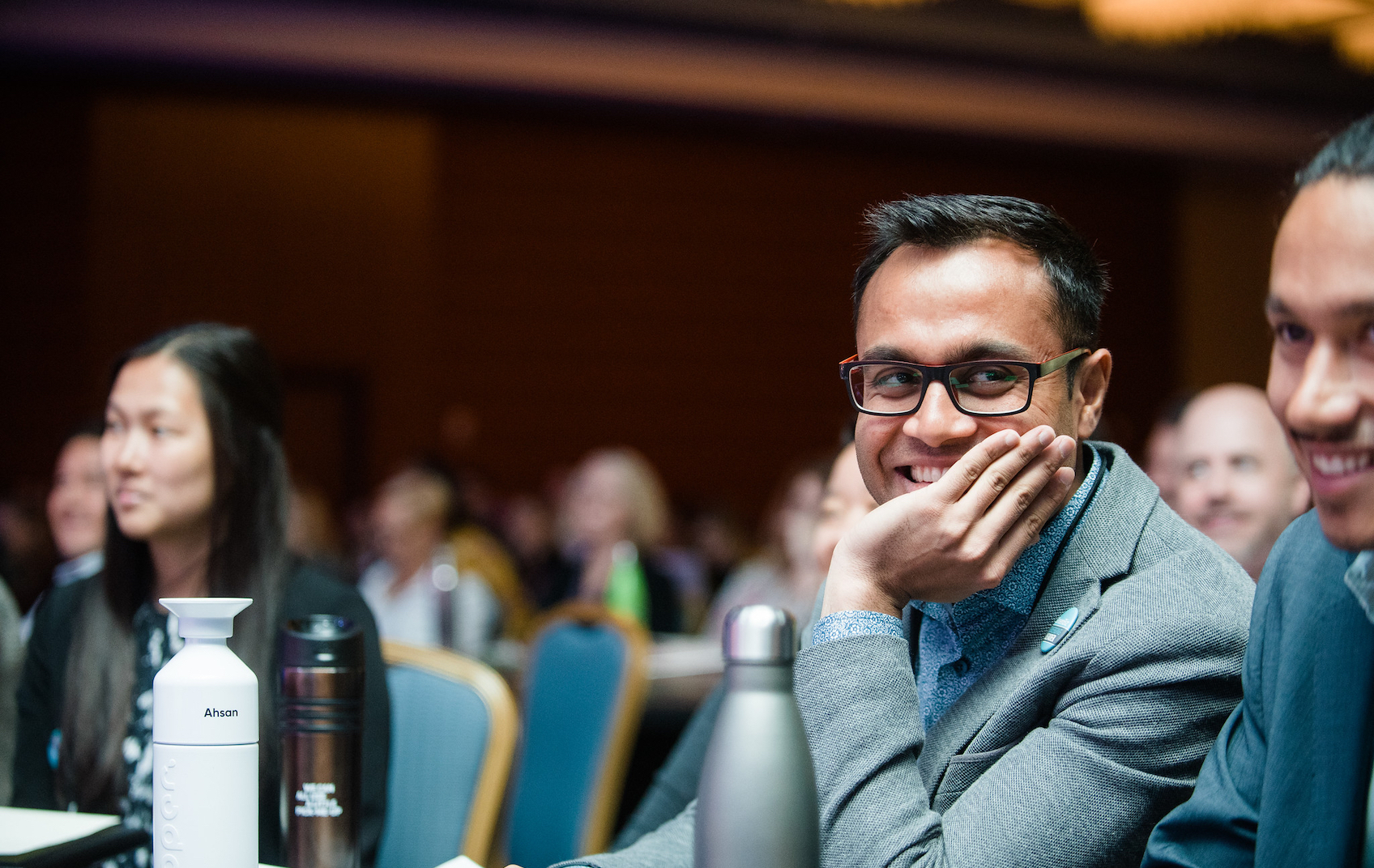Message from the Director
2020 was a year like no other. A global pandemic shaped everything about our lives. It brought great tragedy and suffering, and also significant reflection and discussion on our way forward as a society. A key part of this shift has been a rapid and seismic change in the importance of sustainability, especially in business.
Investors, governments, and citizens are now demanding that sustainability and social responsibility be deeply embedded in the strategy and value creation model of every business. They expect the private sector to be taking a lead on shifting towards net-zero GHG emissions and the circular economy, while embedding equality, diversity and inclusion in the operations and culture of the organization. In a very short space of time, these changing expectations have significantly expanded the knowledge and skills required for leaders.
At Ivey, we are rising to these challenges. In consultation with our Advisory Council, faculty and other partners, the Centre for Building Sustainable Value is focusing research, teaching and outreach on equipping business leaders and future leaders – our students – to succeed in this new world where sustainability is fundamental to success.
This ambition – fueled by Ivey’s world-leading, innovative research and influence through institutional engagement – creates the opportunity for profound impact on current and future business practice, while also being a catalyst for the transformation towards a low-carbon, sustainable and resilient economy in Canada.
This Annual Report highlights some of our key first steps and successes in this critical journey. Please do not hesitate to reach out to me or the Centre team if you have any questions or want to get involved.
Yours sincerely,
Rob Klassen

Rob Klassen
Professor, Operations Management
Magna International Inc. Chair in Business Administration
Strategic Priorities
FUTURE
LEADERS
FUTURE
LEADERS
FUTURE
LEADERS
HBA Sustainability Certificate
The HBA Sustainability Certificate empowers Ivey HBA students to build and lead more sustainable organizations and positions them to begin their journeys as responsible C-Suite decision-makers, entrepreneurs, non-profit leaders and policymakers.
The HBA Sustainability Certificate welcomed its largest cohort yet of 46 new students in 2020. Students focused on defining their professional and personal purpose statements by learning from many guest speakers, including representatives from the New York Times, Urban Roots, Flashfood, Toronto Board of Trade, Coalition of Nunavut District Education Authorities, Aspire Food Group, Hooked Toronto, and i3 International.

Student thought leadership
Our students have valuable insights into how sustainability plays out in the real world. Here are three examples of student thought leadership pieces from this year.
Links:
Student awards
Ivey students are being recognized for their knowledge and impact.
Links:
INNOVATIVE RESEARCH
INNOVATIVE RESEARCH
INNOVATIVE RESEARCH
Priority area: Finance
Faculty Lead - Associate Professor Diane-Laure Arjaliès
The Sustainable Finance Priority Area is enabling the development of innovative financial instruments that can catalyze the transition to sustainable development. The research focuses on key priorities for sustainable development in Canada – including ecosystem conservation, green infrastructure, blended finance, and investment in the success of Indigenous communities. The insights garnered here can inform sustainable finance practices worldwide.
Highlights from 2020 include:
- Funding received from the Economics & Environmental Policy Research Network for conservation finance work that will learn from the Deshkan Ziibi Conservation Impact Bond (CIB) in Southwest Ontario and other mechanisms to establish a ‘Canadian model’ for conservation finance instruments (link)
- Launch of new research on the linkages between responsible investment and Indigenous communities in Canada
- Call for papers issued on innovation ideas for combining research on the circular economy and accounting (link).
Priority area: Circular economy
Faculty Lead - Associate Professor Jury Gualandris
The Circular Economy Priority Area is working to accelerate system transformation towards a circular economy in Canada by providing insights into how circular supply chains can function and how current supply chains can be transformed. The focus of the research program – how firms can realise waste synergies through opportunity recognition and operational agility – is both addressing a major gap in the circular economy literature and generating important insights for practical action. The program is building a case that harnessing these capabilities of firms will greatly accelerate progress towards circular production systems.
Highlights from 2020 include:
- New SSHRC Insight Development Grant awarded for the project, “Towards the circular economy: Connecting the dots to source and use another firm’s waste” (link) and funding from the Economics & Environmental Policy Research Network for work on how circular economy solutions can be a part of the COVID crisis recovery (link)
- Partnership built with the Our Food Future circular economy initiative from Guelph/Wellington County to support the development of 50 new circular businesses and collaborations in the region through the Mitacs-matched funding of an Ivey post-doc.
- Hosted virtual event, “The Circular Economy – from big idea to transformational action” in partnership with Ivey Academy and featuring leaders from the City of Guelph and HP Canada (link).
Priority area: Innovation
Faculty Lead - Professor Tima Bansal
The current array of products, services, and industrial processes are taxing the earth’s resources beyond its regenerative capacity. Organizations will need to innovate new products, services and processes for industry to be sustainable, i.e. meet peoples’ needs within planetary limits. The sustainability innovation challenge requires organizations to: see their own work in the broader systems in which they are embedded; co-create and collaborate with other organizations; and acquire new knowledge and innovate new technologies.
The Innovation Priority Area has embarked on two important initiatives that aim to address these challenges: the cross-sectoral Ivey Innovation Learning Lab and an academic-centered Sustainability Salon. Through these initiatives, Ivey aims to become a hub of activity that can transform the organizational innovation processes for sustainability. This work will embed systems thinking into the innovation processes to transform products, services, and process for the betterment of organizations and for society.
Highlights from 2020 include:
- The Ivey Innovation Learning Lab continues into its second year of engagement and learning with four more lab sessions (see more on this below)
- Professor Tima Bansal was invited to present the objectives and potential policy synergies of the Innovation Learning Lab to Innovation, Science and Economic Development (ISED) Canada’s Director General Policy Committee (DGPC) in September 2020.
- Four Sustainability Salons featured 12 pieces of research from around the world, on themes like opportunities for sustainable development, sustainability in the supply chain, responses and solutions to systems disruption, and the role of resources in sustainability.
Ivey Innovation Learning Lab
In 2020, the Ivey Innovation Learning Lab entered its second year. The Lab convenes 22 leading organizations from the private and public sectors in Canada to “innovate the innovation process.”
The Lab consortium recognizes that the world is facing profound disruption. The knowledge and tools of the past will not necessarily help humanity navigate the future, nor solve the urgent and complex challenges facing organizations and societies. To chart a way forward, the Lab therefore deploys a cutting-edge approach to executive education, joining senior leaders and academics to co-create ideas at the frontier of knowledge.
2020 sessions included presentations from Otto Scharmer (MIT Management Sloan School), Terry Irwin (Carnegie Mellon University), Kristel Van Ael (University of Antwerp & Namahn), and Jorrit De Jong (Harvard Kennedy School).
Social Dimensions of Sustainability
Ivey researchers focused on important social sustainability issues in 2020. With the world counting the enormous societal costs of a pandemic and important social movements for equality and inclusion gathering momentum, the social dimensions of sustainable development and its interconnectedness with other dimensions are gaining increasing attention. Business still needs to grapple with major risks and challenges regarding its societal impact, but there are also emerging pathways for business to be a powerful force for positive change. Examples of Ivey’s research on social sustainability include the following.
Research awards and recognitions
Our faculty are doing ground-breaking research in sustainability and are recognized globally for their work and achievements.

PhD Academy
The 13th annual PhD Sustainability Academy, co-hosted by the Ivey Business School and the Alliance for Research on Corporate Sustainability (ARCS), convened 15 promising PhD students and 9 senior researchers representing universities from 12 different countries. The purpose of the event is to champion path-breaking research on sustainability across disciplines and to provide intensive feedback to students. The PhD Academy is organized and hosted by Professor Oana Branzei.
Sustainability publications
List of all Ivey peer-reviewed publications in 2020 here.
BUSINESS LEADERS
BUSINESS LEADERS
BUSINESS LEADERS
Ivey Alumni Sustainability Mentors
We paired more than 50 current Certificate students and mentors based on common interests and expertise. Mentors include many Ivey and Certificate alumni as well as other leaders in our sustainability network.
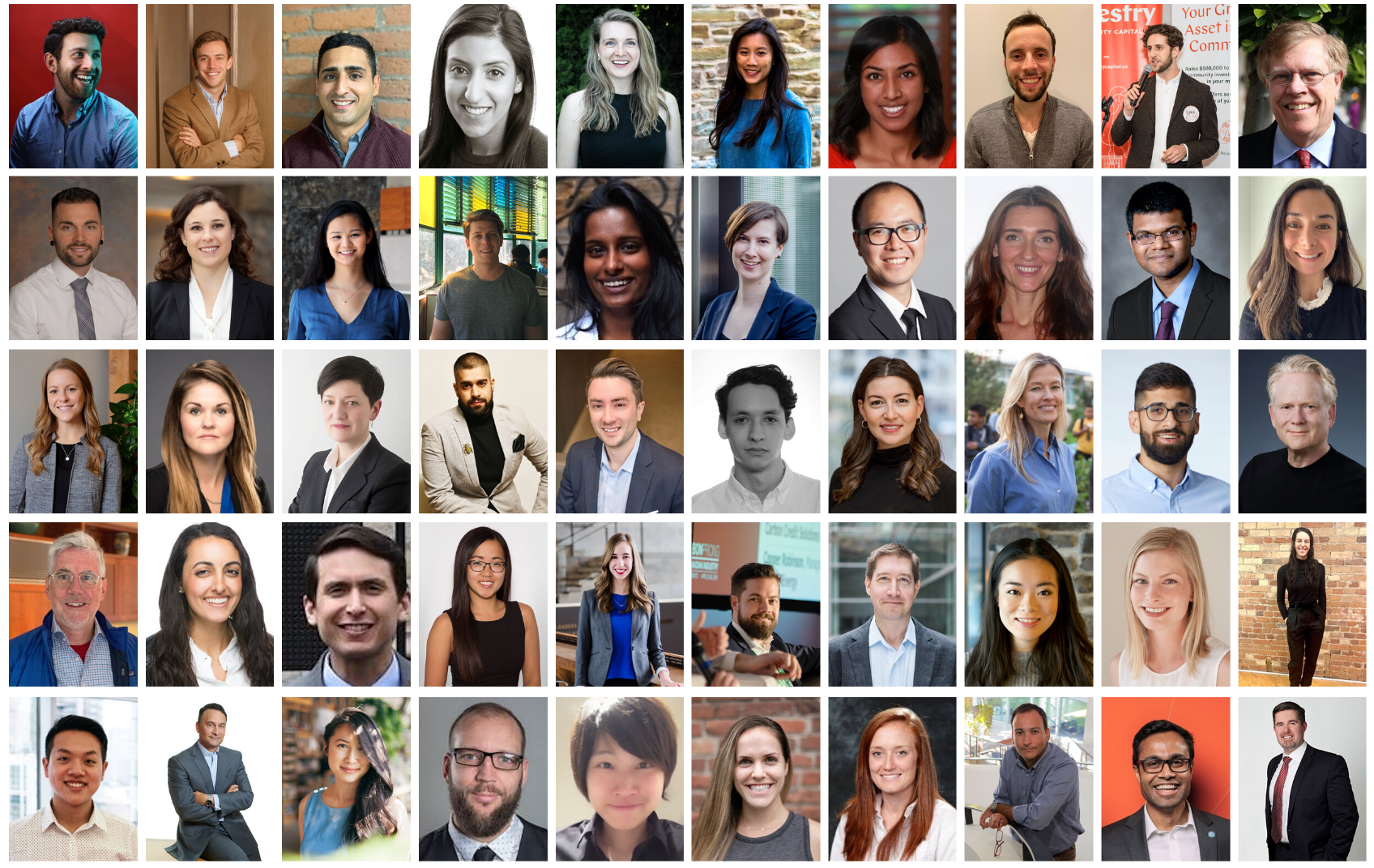

Saving the Soil
Ivey brought together business and agriculture during the “Saving the Soil” case event in February 2020. More than 70 members of the agriculture community, including farmers, government officials, academics, and activists, came to experience the Ivey case-based experience.
The case study follows Blake Vince, a fifth-generation farmer who adheres to ‘no till’ farming techniques. It is widely known that this method is more environmentally sustainable, yet not everyone has adopted it. He wants to convince ‘tillers’ to stop tilling.
Professor Tima Bansal led the case discussion and facilitated a passionate debate that explored the environmental impacts of farming strategies and the trade-offs between short-term financial pressures and the long-term value of investing in natural assets – especially the soil.
Alumni leading impact
Our alumni are at the frontlines of leading the shifts towards a more sustainable future. Hear what they have to say in these alumni thought leadership pieces.
Alumni awards
Ivey alumni are being recognized for their leadership in the area of business sustainability.
Network for Business Sustainability
The Network for Business Sustainability (NBS), founded within the Centre for Building Sustainable Value, is a growing network of more than 8,000 researchers and managers committed to advancing sustainable development in business. Businesses need access to rigorous, relevant research to support their decisions and actions, and researchers need to understand real-world business challenges in order to ask relevant questions. NBS aims to shape management practice and research with the resources it produces and the dialogue it facilitates.
INSTITUTIONAL ENGAGEMENT
INSTITUTIONAL ENGAGEMENT
INSTITUTIONAL ENGAGEMENT
Economics and Environmental Policy Research Network (EEPRN) Funding
The Economics and Environmental Policy Research Network (EEPRN), hosted by uOttawa’s Institute of the Environment in partnership with Environment and Climate Change Canada (ECCC) and the Smart Prosperity Institute (SPI), works to fund and disseminate cutting edge research on economics and environmental policy priorities for Canada.
Ivey’s innovative research received two EEPRN funding grants in 2020, in the emerging policy priority areas of conservation finance and the circular economy.
Analyzing firm-level emissions data to inform policy making
Greenhouse gas (GHG) emissions from Canada's manufacturing sector fell by over 30% be-tween the years 2000 and 2015, despite a reduction in real output of just 12%.1 Together, these trends suggest Canada's manufacturing sector is becoming cleaner.
To understand this dynamic in more detail, it is necessary to have strong analytical tools and methods to understand firm-level dynamics. Assistant Professor Nouri Najjar has been funded by SSHRC to develop a new statistical method to advance this analysis and is then applying it to firm-level emissions data in Canada. This project will study the firm-level sources of industrial pollution in Canada, providing critical information that will aid in the design of future environmental policy. Findings will inform policy makers about how future industry dynamics may contribute to productivity growth in Canada.
CCA Expert Panel
Professor Tima Bansal is chairing a new multidisciplinary panel that will examine the potential economic, environmental, and social impacts of advancing a circular economy in Canada. The panel was created by the Council of Canadian Academies (CCA), a not-for-profit organization that convenes the best experts in their respective fields to assess the evidence on complex scientific topics of public interest to inform decision-making in Canada.
ADVISORY COUNCIL
ADVISORY COUNCIL
ADVISORY COUNCIL
Advisory Council spotlight
Our Advisory Council provides advice and inspiration to the Centre’s Executive Director and Faculty in the aim of deepening and expanding the Centre’s impact and reach. It is composed of forward-thinking leaders from business, government, and not-for-profit organizations.
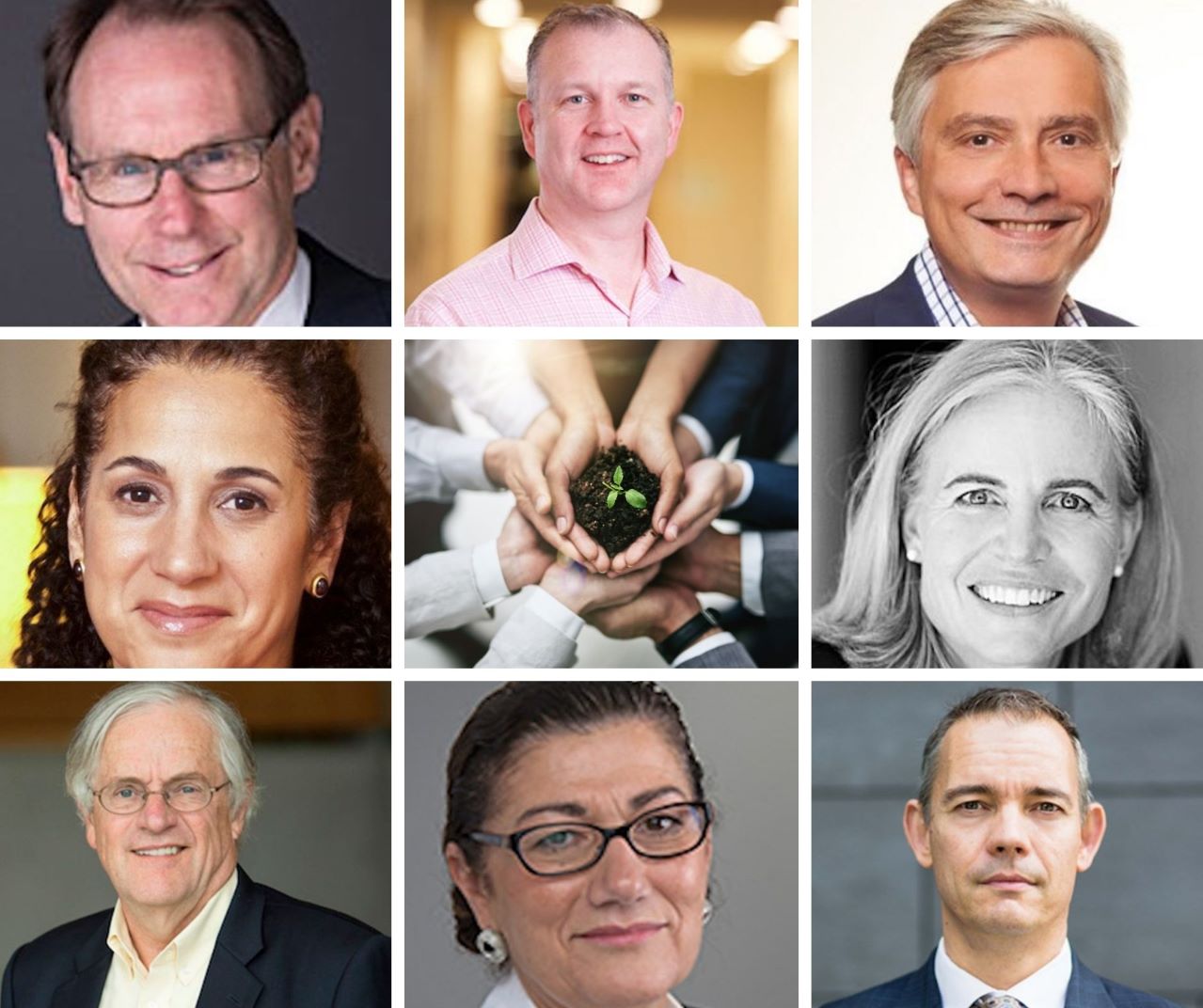
Sponsor & Partner Recognition
Funders Recognition
Funders & Partners Recognition:
Foundations & Not-for-Profits
Ashoka Canada
Beryl M. Ivey Fund for Corporate Social Responsibility
CPA Canada
MaRS Discovery District
McConnell Foundation
RBC Foundation
Individuals:
Andy Chisholm, MBA ’85
Robert L. Kerr
Government:
ISED Canada
Mitacs
National Research
Council of Canada
Natural Resources Canada
Social Sciences and Humanities Research Council
Partners Recognition
Corporate:
3M
Ashoka Canada
Bell
Co-operators Group
CPA Canada
Georgian Partners
IKEA
Interac
ISED Canada
Maple Leaf Foods
Mattamy Homes
McConnell Foundation
National Research Council
Next Generation Manufacturing (NGen)
Ontario Teachers’ Pension Plan
RBC
SAP
Suncor
Triovest
Vale
Walmart Canada
Academic:
L’Université du Québec à Montréal
University of Alberta







